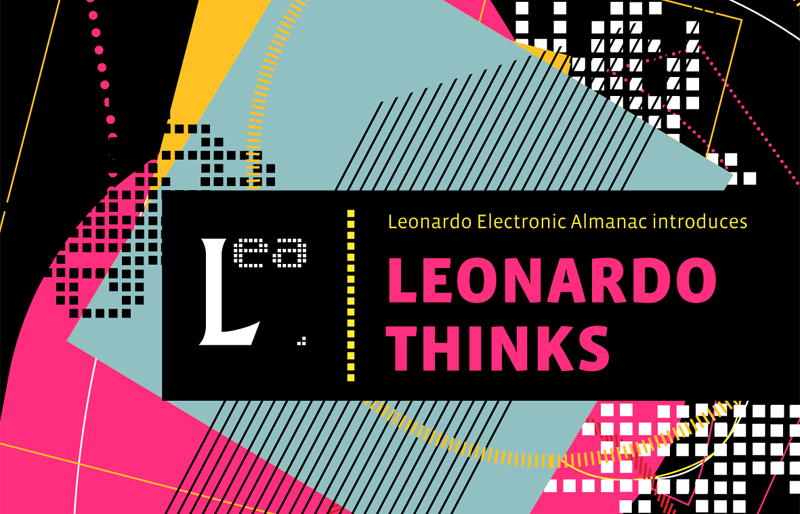
LEONARDO THINKS 1968 – 2011
Contemporary Opinion by F. David Peat
F. David Peat explores the benefits of gentle action and creative suspension using examples that show how community dynamics that have unfolded naturally out of the dynamics of the system itself have allowed people to successfully change their lives.
Gentle Action and Creative Suspension
Some time ago I was invited to speak at a conference on the Urgency of Change. It was clear from the presentations that human society and the planet were in crisis and desperate measures and immediate interventions were required. In some cases it seemed as if it was almost too late and it was essential that we take instant action. It was as if a fire was raging and we were all required to run outside and put it out.
Such an atmosphere caused me to question what was going on, and just how effective would this desire for immediate action really be. Moreover it struck me that much of our current worldview is expressed within a language of violence, as when we declare “war on want,” “war on drugs,” “war on terrorism” or where doctors must take “heroic measures” and employ “aggressive treatments” using “magic bullets”. Increasingly it seemed to me that our first step should be to sit back and attempt to create an overview of each situation, along with all its inner complexities and interconnections to even wider issues. What was needed was not so much that cry for action but a call for a “creative suspension”, for out of this period of watchful suspension, no matter how short, may emerge a new form of “gentle action,” one that unfolds naturally out of the dynamics of the system itself, rather than being imposed from outside.
Take for example the aid that is given to developing countries. Good citizens donate used clothing to charity shops where around 20% of the stock is sold and the rest donated abroad. As a result Zambian textile manufacturing companies had dropped from 140 in 1991 to only eight by 2002. All would agree that providing good education is the key to a nation’s development but the unforeseen result is that between 50,000 and 70,000 African PhDs are now working in America rather than in their home countries. Of a $300 million malaria project, for every dollar 92 cents was spent in administration, training and research. And while considerable financial aid is given to Africa, 40% of savings find their way into banks outside that continent.
On the other hand there are notable success stories when a new form of Gentle Action emerges out of the system itself. These include the Grameen Bank, Paolo Friere’s literacy program of “each one teach one”, Heifer International, and the more recent movements of micro philanthropy. But one need not only cite large-scale projects, for there are many individuals and small communities that are taking highly creative action. With the rise of cell phones the familiar British red telephone boxes are becoming redundant. As a result there are more and more cases where local communities buy a box and fill it with books to serve as a volunteer library, and in one tiny community without a shop a telephone booth was converted into a store for groceries and newspapers with transactions all based on trust.
Finally there was the case of Claire and Gordon Shippey who lived in a depressed urban area of England with crime and drug dealing on the streets and graffiti all over the walls. After spending a week in a small Italian village in which everyone knew each other’s name and greeted their neighbours each morning the Shippey’s decided to make a change. One day Gordon walked down his street, knocking on each door and introducing himself by name as a neighbor. Soon an association of several streets was formed and the residents decided to clean up their area. As a result, a deserted building where drug deals took place was converted into an office. Later they were able to obtain a grant to convert an abandoned church into a community center. These changes were not the result of government interventions, aid programs, or policy applications but simply local people deciding that real change could only come from within.
F. David Peat is a physicist. More information about this topic can be obtained from www.gentleaction.org and from F. David Peat’s book “Gentle Action: Bringing creative change to a turbulent world,” Pari Publishing, 2008.
ISSN No: 1071-4391
Author: F. David Peat, The Pari Center for New Learning, E-mail: info@paricenter.com
Invited contribution for Leonardo Thinks
Leonardo is a registered trademark of the ISAST.
Files:
